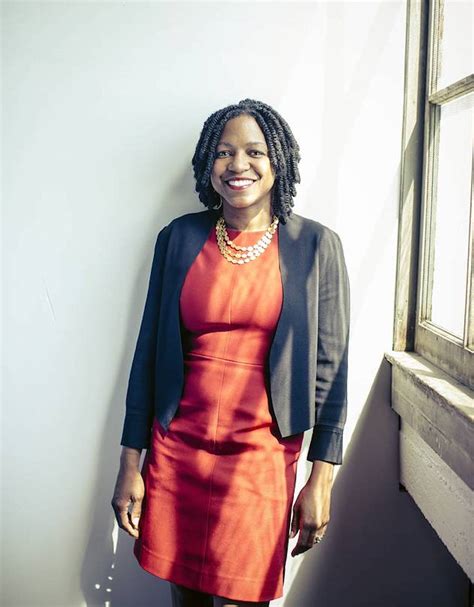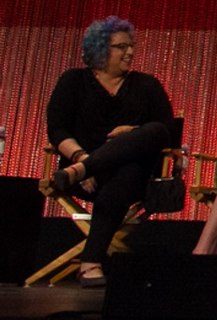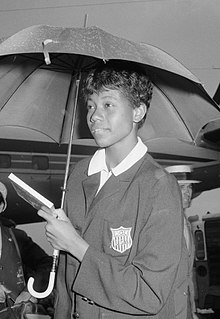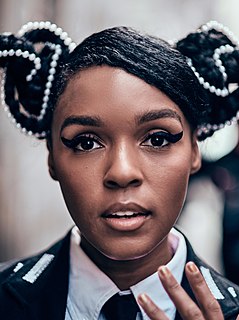A Quote by Stacy Brown-Philpot
I walk into a room, there's one or two black women. There aren't that many because the pipeline of talent just isn't there.
Related Quotes
There are many things that black women can continue to do to help black folk. First, black women have historically been among the most vocal advocates for equality in our community. We must take full advantage of such courage by continuing to combat the sexism in our communities. Black women, whether in church, or hip-hop, don't receive their just due. Second, when black women are in charge of child-rearing, they must make ever so sure to raise black children who respect both men and women, and who root out the malevolent beliefs about women that shatter our culture.
Black women are some of the most colorful women in the world. We come in all shadeshave so many hair textures..eye colors..body types. In this generation, it's sad to see so many black girls claiming ethnicities that they know nothing about in hopes of impressing a man or appearing 'exotic'. So many people act as if being black and beautiful is impossible. It's not. If we wanna get technical and look at our history, almost every black American is mixed. But we must stop implying that a woman's beauty comes from a part of her that is not black.
Many people don't have the ability to be rich, because they're too lazy or they don't have the desire or the stick-to-itiveness. It's a talent. Some people have a talent for piano. Some people have a talent for raising a family. Some people have a talent for golf. I just happen to have a talent for making money.
Sex workers are the last women police stand in to protect. Sex workers are the last people that room is made for in many ways. You get a different kind of feminism if you put people at the margins at the center. It's a recently resonant lesson, but black feminists have been saying this for decades. Now when I talk to people engaged in sex workers' rights advocacy and people who identify as intersectional feminists, this is the air they breathe. We can't just make feminism about improving the lives of all women. Because there is no such thing as all women and universal female experience.
... not all black women have silently acquiesced in sexism and misogyny within the African-American community. Indeed, many writers, activists, and other women have voiced their opposition and paid the price: they have been ostracized and branded as either man- haters or pawns of white feminists, two of the more predictable modes of disciplining and discrediting black feminists.

































